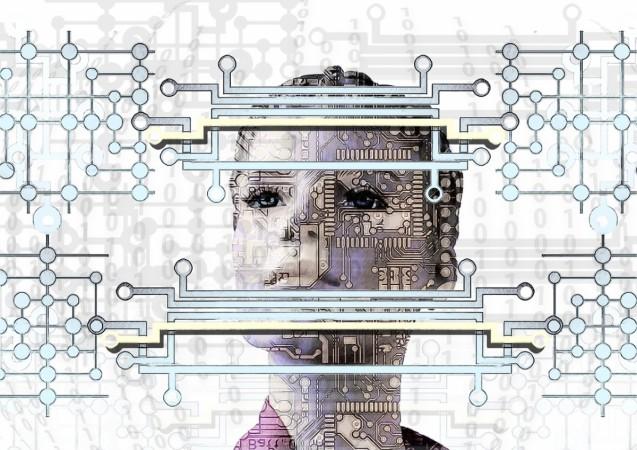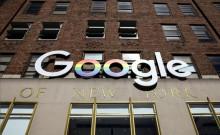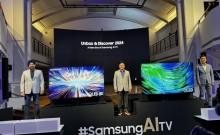
Artificial Intelligence is a mixed bag of emotions, to say the least. While some think highly of the advanced technology that is poised to change the world for better, there are quite a few who are intimidated by its progress.
Take Elon Musk – the well-known billionaire tech entrepreneur and philanthropist – for instance, who said AI is going to be more dangerous than North Korea, or the legendary physicist Stephen Hawking who finds AI's potential to "emulate human intelligence, and exceed it" and could turn out to be "worst event in the history of our civilisation."
But not all high-profile tech geniuses share the same idea about AI's impact on humanity. Microsoft co-founder Bill Gates is lightening the mood of a tense debate around AI and how the technology comes with some serious consequences.
While speaking to the Fox Business Network on Thursday at the World Economic Forum, Gates said that AI could bring longer vacations by helping humans be more productive and accomplish the same amount of work in less time.
Who doesn't love longer vacations and efficiency in the workplace? It's a win-win.
"AI is simply better software. In these high-value environments — whether it is an operating room, a jail, a factory, a courthouse — you will be able to transcribe everything that is being said, and you will be able to see things if they are safety violations even a construction site," Gates said.

"And so you will be far more efficient in using resources, you will be far more aware of what is going on, and it is very cheap now because computers can see and hear as well as humans can," he added.
With an excess of time in hand, Gates sees this as an opportunity for people to find industries that require human involvement, like helping the elderly and kids with special needs, and reducing class size.
But there's also a red flag on the onset of automation of jobs. Labor retraining for new jobs will be a task that'll require prioritised attention and the government must act promptly as the rate of change in the coming decades will be faster than before, Gates noted.
Sharing a similar optimism about AI's impact on humanity, Google CEO Sundar Pichai recently noted in his interview with Recode that artificial intelligence is one of the most important things and compared it to "electricity or fire". With the power of AI, Pichai said that humanity can solve climate change issues or even cure cancer.

But when questioned about AI's impact on jobs, Pichai said that countries that pull back don't do well with change. So you have to embrace the change."
Musk's idea of solving the job crisis due to automation is by handing out cash for people to live, regardless of their employment.
"There is a pretty good chance we end up with a universal basic income, or something like that, due to automation," Musk told CNBC in Nov. 2016. "Yeah, I am not sure what else one would do. I think that is what would happen."

















